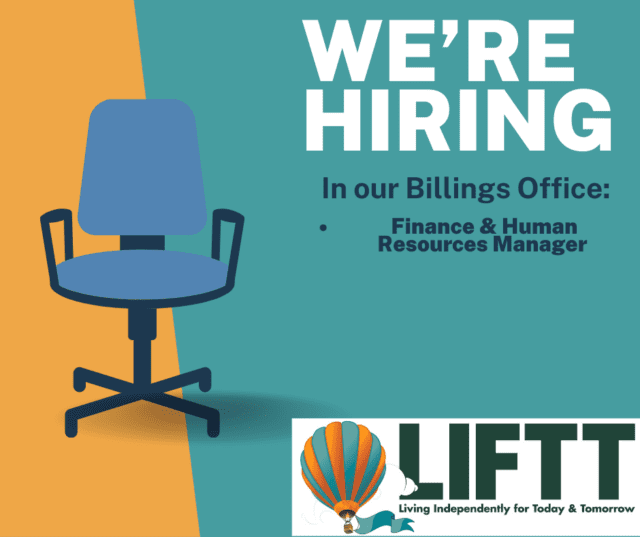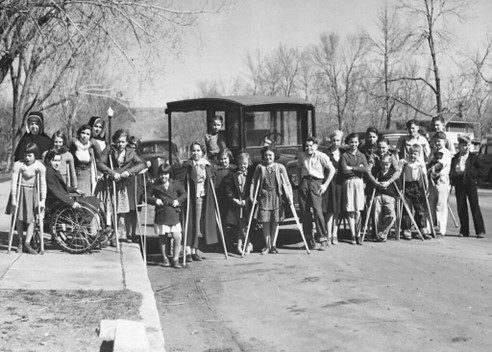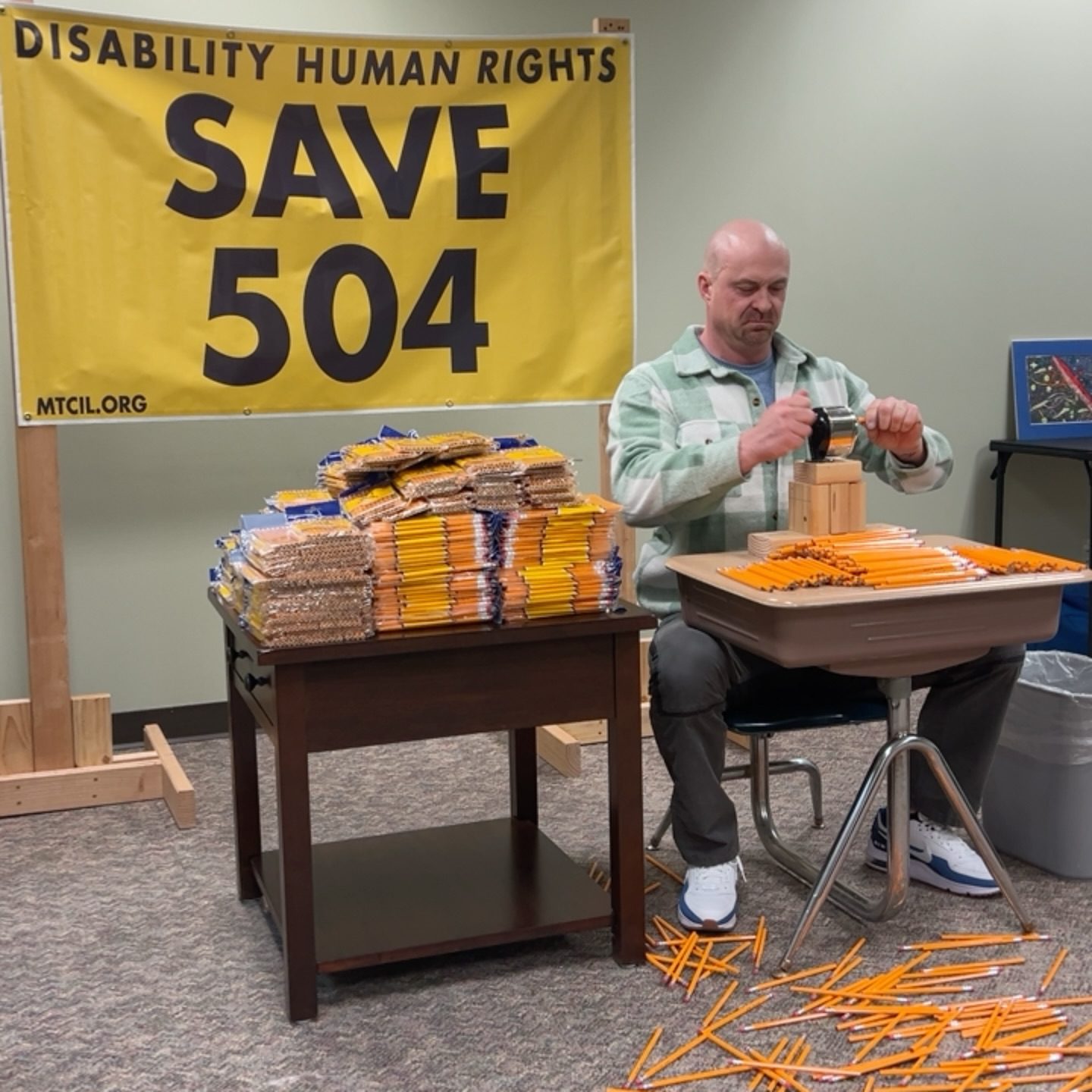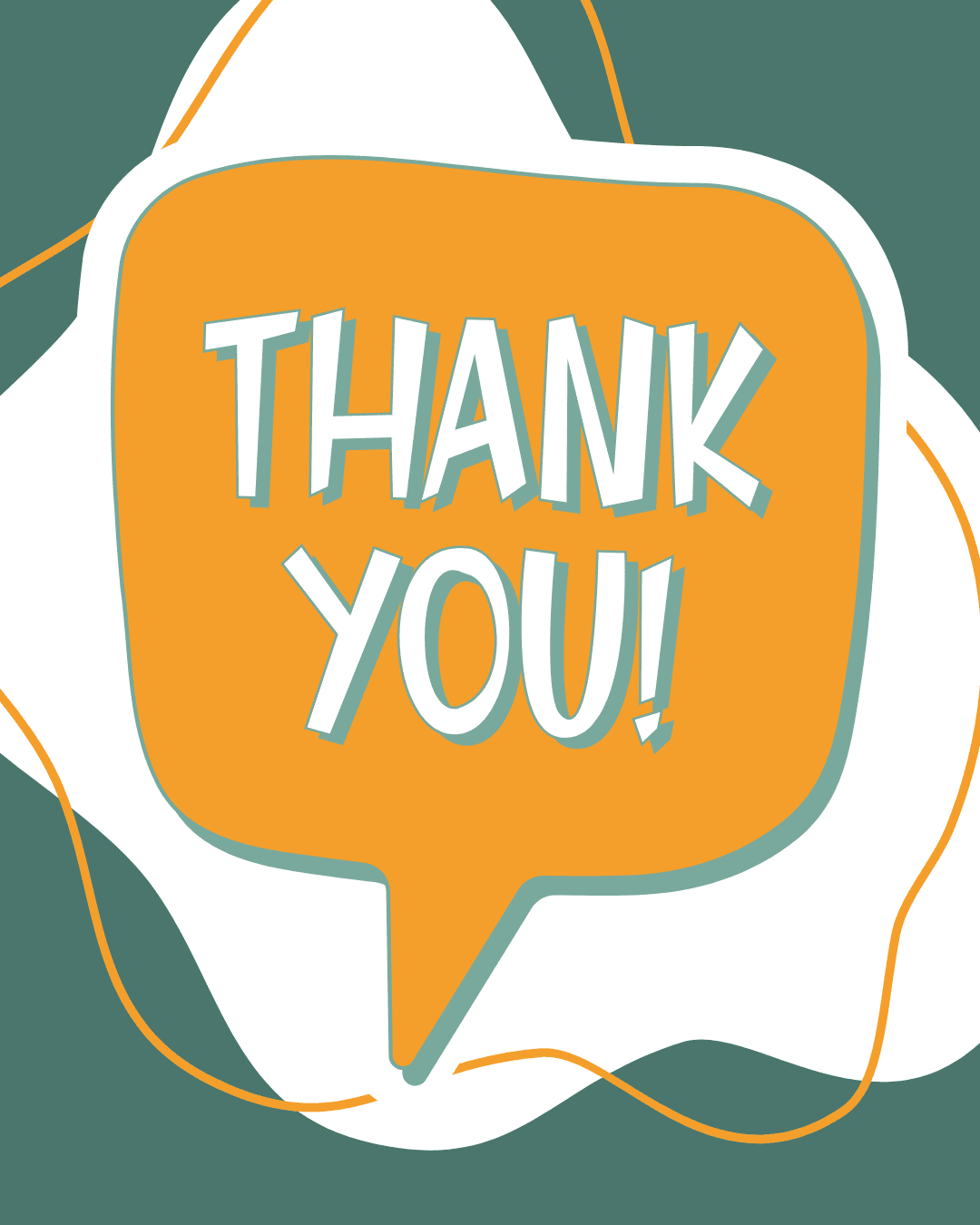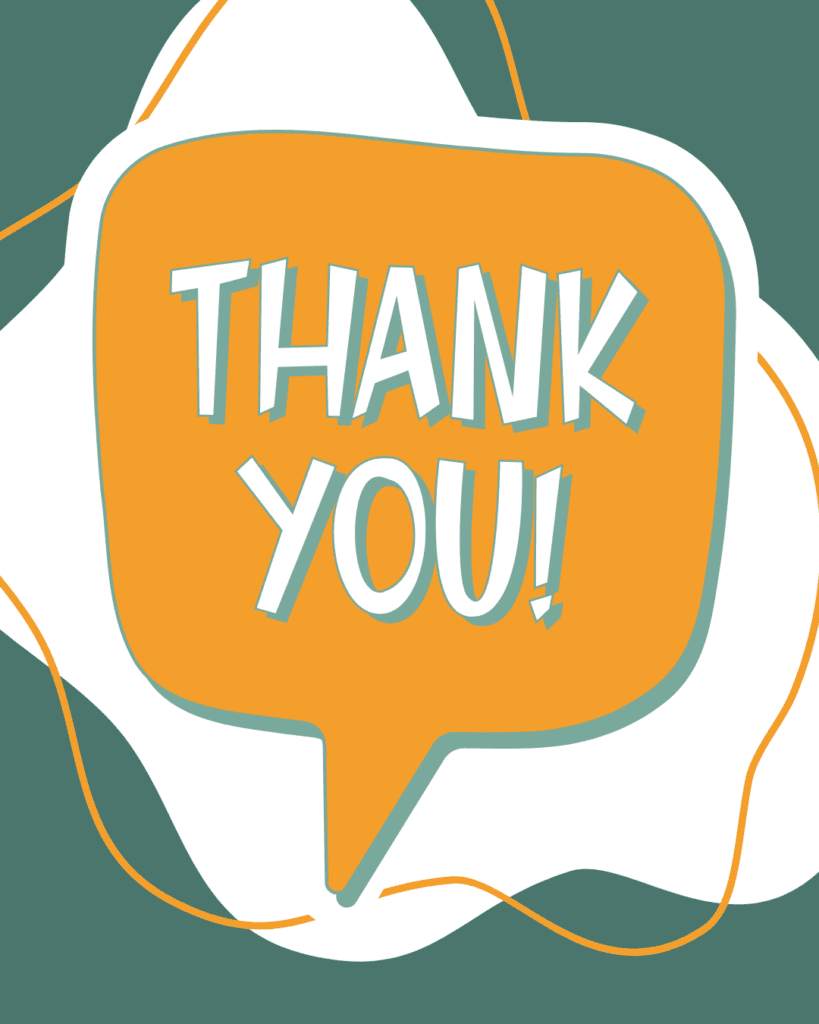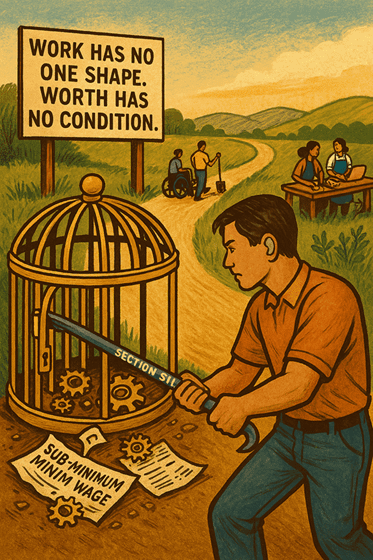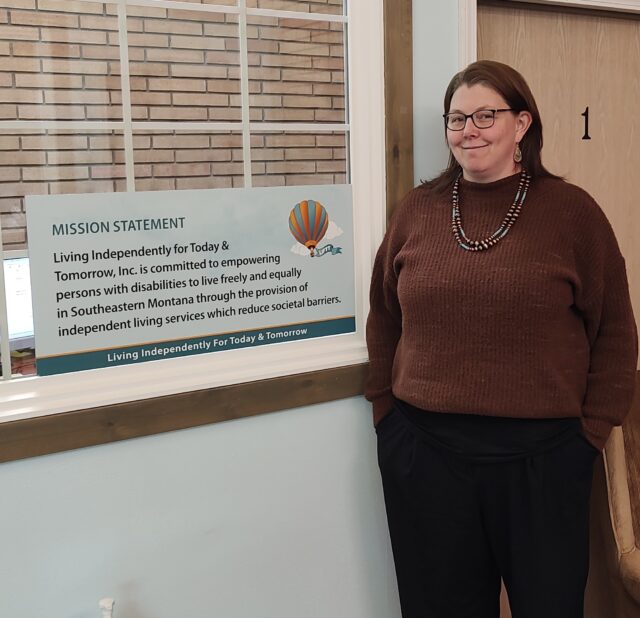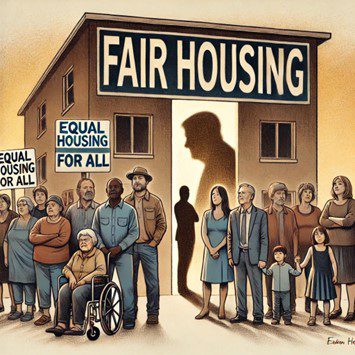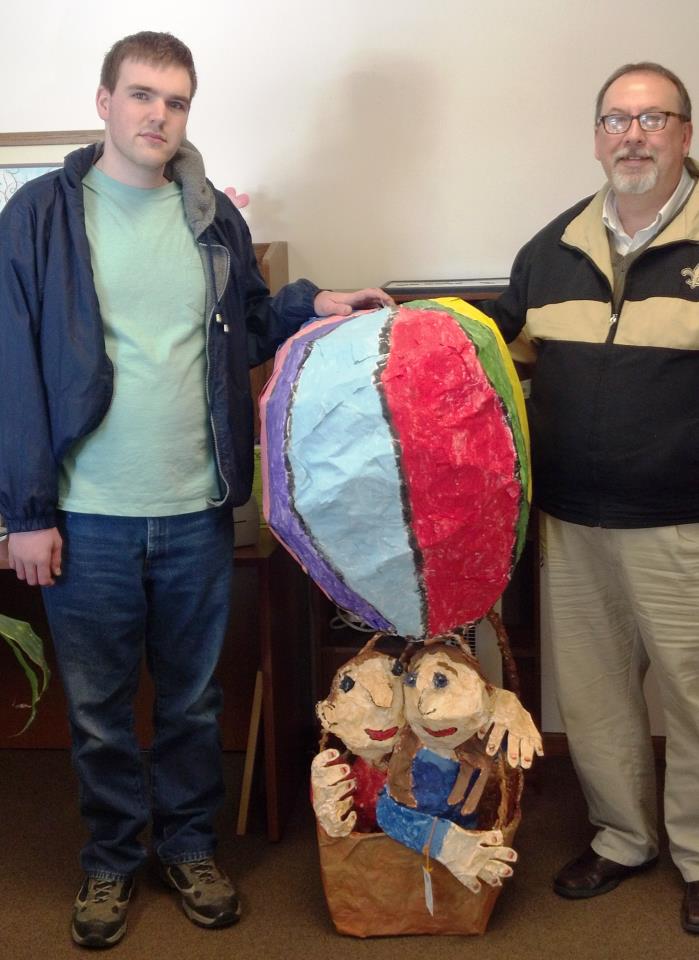Join our dynamic team!
LIFTT current has an opening in our Billings Montana office for a Finance & Human Resources Manager
As a member of the LIFTT Administrative Team, the FHRM primarily supports the following areas: financial, human resources, digital, and physical infrastructure. This position will report directly to the Executive Director. The FHRM is responsible for promoting consumer-directed services to persons with disabilities within LIFTT’s eighteen (18) county service area and shall focus their work on the spirit and intent of the independent living philosophy.
View the complete job description: Word, or PDF & Apply on Indeed.com
LIFTT is an Equal Opportunity Employer. All qualified applicants will receive consideration for employment without regard to race, color, religion, sex, national origin, disability, or status as a protected veteran. Persons with disabilities, veterans, women, and minorities are encouraged to apply.
About Living Independently for Today & Tomorrow (LIFTT): LIFTT is a Montana 501(c)3 corporation organized as a Center for Independent Living (CIL). With team members based in Billings and Glendive, LIFTT provides aging and disabled members of the community with programs and services that help empower them to break down the physical, bureaucratic, and cultural barriers that prevent them from being fully independent participants in their lives and communities throughout 18 counties in southeastern and south-central Montana: Big Horn, Carbon, Carter, Custer, Dawson, Fallon, Garfield, Golden Valley, McCone, Musselshell, Powder River, Prairie, Richland, Rosebud, Stillwater, Treasure, Wibaux, and Yellowstone. For more information, please visit liftt.org or download our mobile app for your Apple or Android Device.


